Got doubts about compatibility in your relationship?
Some doubt in the beginning phase of any relationship is totally normal, but you’ve been together for years and you’re still questioning things.
“I think maybe we’re just not compatible.”
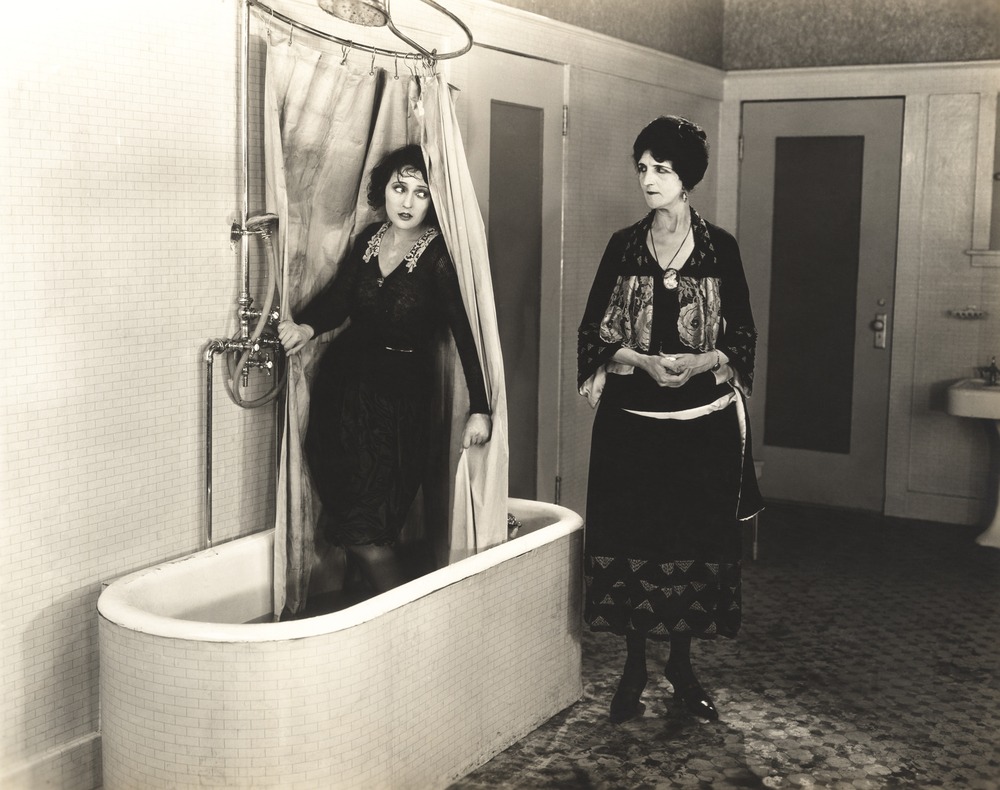 You’re not alone.
You’re not alone.
You’ve been fed a fantasy version of what love and relationships should look like, Disney tales and all.
You’ve been told “you’re just supposed to know they are the one for you,” as if once you’ve had that realization, the rest falls into place.
Perhaps you have this ideal of what a relationship “should” look like in your head.
And you’re far from it.
It may feel like only the lucky have this “happy marriage” thing figured out because they found perfectly compatible partners, and here you are, questioning yours, riddled with doubt.
You’re at the point where you know each other quite well.
You may have even already said “I do,” yet you’re really questioning your compatibility, wondering if you’ll make it or not in the long term. The “until the death do we part,” part.
With these compatibility issues, are you guys seriously going to make it to your 80s?
“I better figure this out now while I still have time,” you think.
Like you have an expiration date as a potential partner for someone new, just in case…
While it’s true that love is the best thing we have going for us as a species, it’s not all sunshine and rainbows.
Marrying for romantic love as we know it today is also a relatively new thing in the history of our species.
We’re still figuring out this “how do we make this work” part out.
It’s not necessarily easy to cultivate a relationship in which the love flows rampantly.
It’s simple, for sure. Not easy.
So if you’ve got doubts, read on.
Until recently, collectively, we haven’t had a clue about how to make this whole romantic love thing work.
Even marriage therapists were operating without much of a map for awhile there (some still do).
Only in the last few decades have top researchers in psychology and neuroscience started really looking closely at couples in love to find out how things go wrong, and how they can be made right.
What does a happy and healthy marriage look like?
How must two people in a committed relationship be compatible to be happy?
What are deal breakers for a happy marriage?
A lot of these questions are personal for sure, but when it comes to compatibility, we can look to the research to help you understand what to do with those doubts.
If you find yourself in a violent or abusive relationship, physically or emotionally, I would encourage you to get confidential help fast. Emotional abuse, for example, may look like your partner being extremely controlling, manipulative or threatening.
You can read more about that here — and head to thehotline.org for free and confidential support.
If you aren’t in an abusive relationship, and you’ve made it to the point of having a committed relationship with each other, chances are you have some alignment on your values and overall outlook on the world, otherwise, you’d likely not be together.
Yet you’re still left questioning things because you just don’t feel compatible.
Dr. John Gottman is a psychologist and perhaps the most renowned researcher on happy marriages.
He has been studying real couples and relationships for over 40 years, asking questions such as, who stays happily married, who gets divorced? What are the common factors among these couples?
One thing he has found is that among happily married couples, 69% of their conflicts were PERPETUAL. That means, unresolvable!
These are happily married couples, and nearly 7 out of 10 things they have conflicts about are ongoing.
Now does that make compatibility sound like something necessary in your relationship?
Not really.
At the end of the day, “compatibility” often becomes a scapegoat for other underlying relationship issues.
It’s an easy explanation in some ways: “we’re just not compatible.”
The foundation for a happy and healthy marriage, however, is not a sense of compatibility, as in, common interests and similar views on all things.
An alignment of values, common interests and physical attraction helps bring you together in the first place, for sure.
But the glue that holds a couple together (and keeps that fire burning) is emotional connection.
Feeling emotionally safe, secure and important to each other, together.
Like you’ve got each others’ backs.
You can rely on each other to really be there.
You can fully be yourselves with each other.
You have a vested interest in the well being of one another.
You have a solid bond.
When doubts take over a committed relationship, they are usually about questioning how accepted or valued you really are by your partner, not so much about compatibility.
Doubts are really about the questions:
Are you really there for me?
Am I really important to you?
Does what matter to me matter to you?
Do I really feel heard, understood – or in the psychiatrist Dan Siegel’s words, do I really “feel felt”?
These are not questions about compatibility.
These are questions about connection.
When answered with a “no,” any of these questions can lead to heightened distress and relationship difficulty.
Fortunately, all of this research on marriage and relationships has led to a groundbreaking approach to couples therapy known as Emotionally Focused Therapy (EFT).
Developed by Dr. Sue Johnson, EFT has been shown to help 9 out of 10 couples make improvement in their relationships, and 7 out of 10 couples completely repair their relationships, regardless of the level of distress they start the process with.
EFT is the gold standard when it comes to couples therapy.
It is about putting that emotional bond front and center where it belongs, and helping partners open up to each other and really connect.
It has shown us a map where partners lose each other (refer to the questions above about your emotional connection) and more importantly, how they can reconnect.
If you’ve made it years together and are questioning your compatibility…
I want you to ask yourself some more questions on a deeper level.
What are you really doubting?
If it is whether you are a valued priority in your partner’s life, learning more about Emotionally Focused Therapy and all it has to offer (even if you don’t see a therapist) is my suggestion.
Resources:
1.) You can read Dr. Sue Johnson’s best selling book: Hold Me Tight: Seven Conversations for a Lifetime of Love
2.) Check out my workbook for couples here.
3.) Find an Emotionally Focused Couples Therapist near you by going to The International Centre for Excellence in EFT.
OR…
4.) If you’d like to learn more about this work and more and how to apply it to your relationship without going to therapy, consider joining My Best Relationship Society where we have monthly trainings and monthly group coaching calls for all things relationships (and I’ll send you a free copy of my ebook as well).
Either way, make sure you sign up for my weekly newsletter (free) to receive ongoing updates on how to strengthen your relationships.
 Loading...
Loading...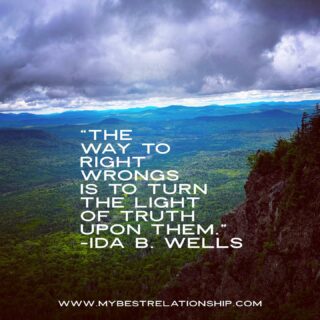
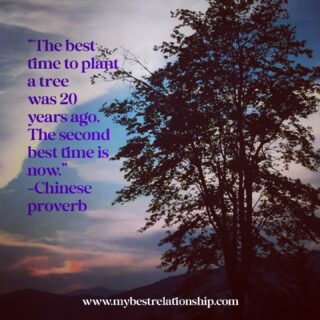
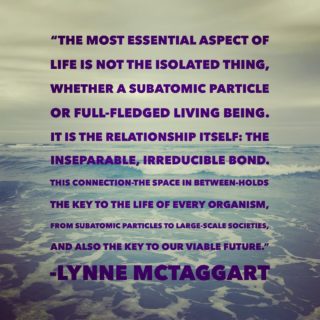
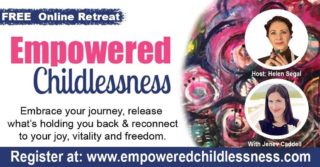

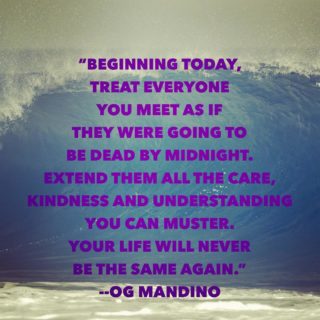
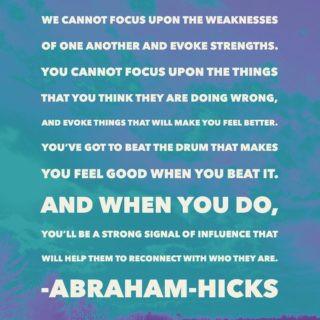

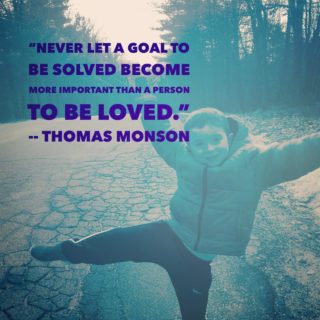

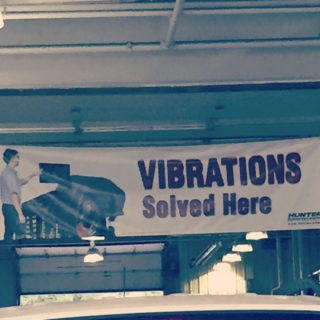
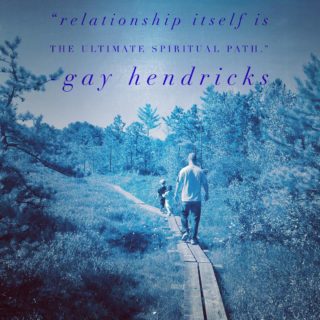

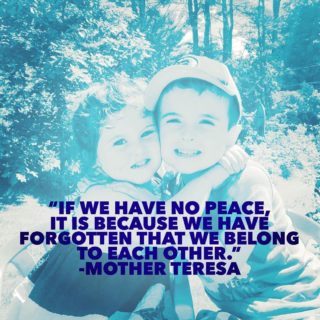
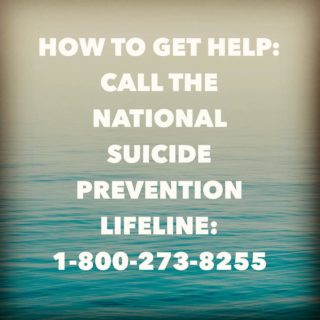
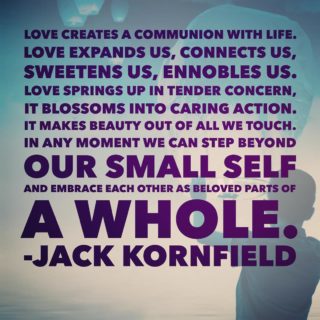
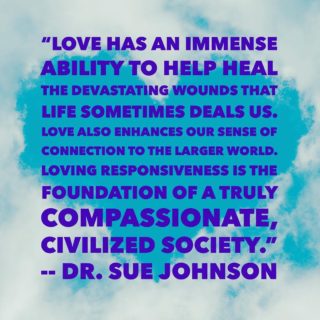
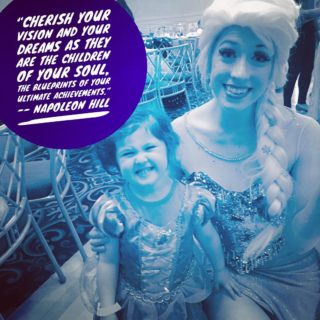
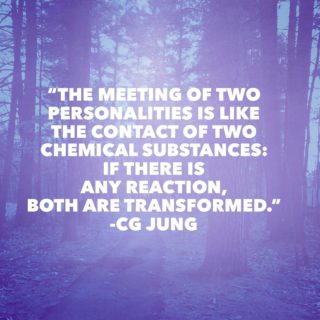
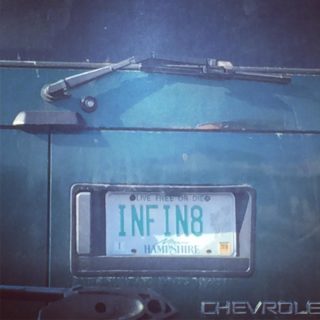
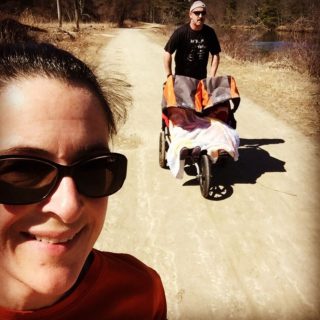
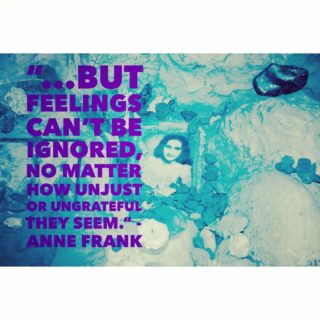
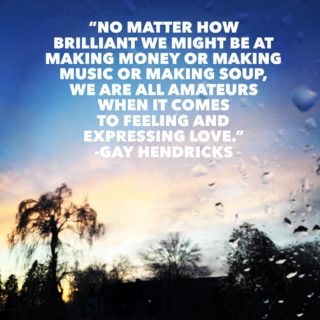

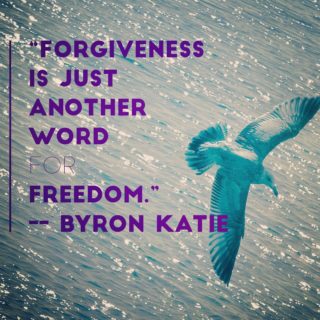



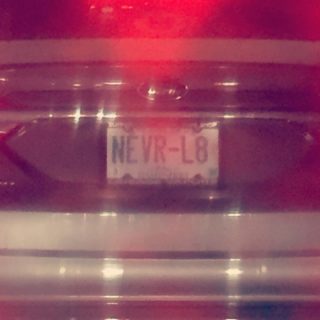
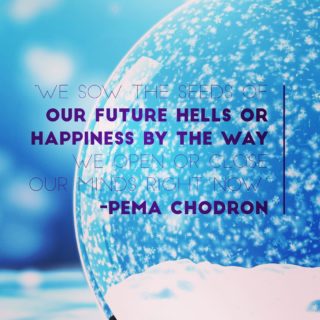

Leave a Reply